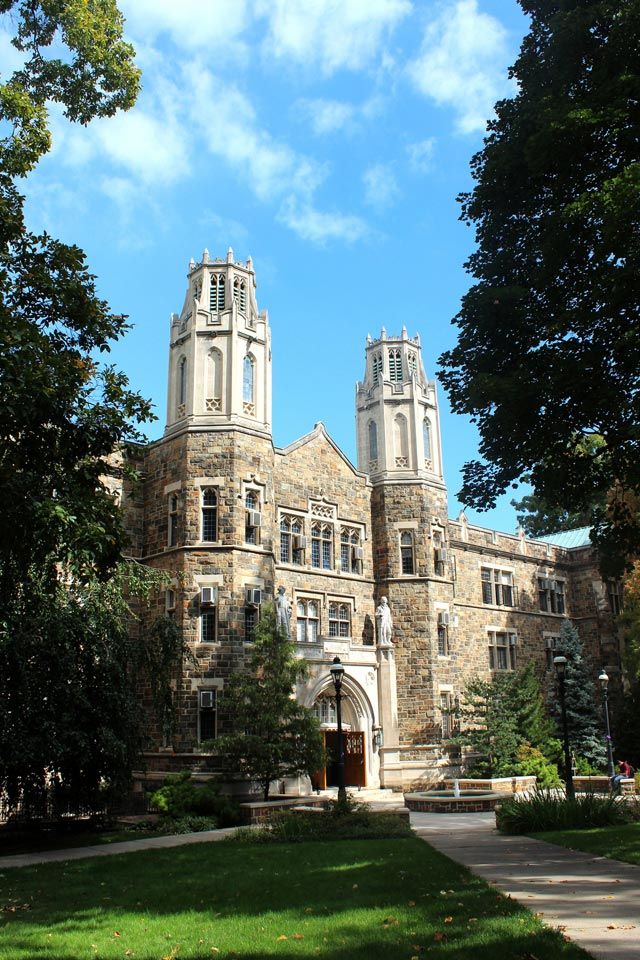Dan Frangopol, the Fazlur Rahman Khan Endowed Chair of Structural Engineering and Architecture, studies the life-cycle performance of structural systems. The American Society of Civil Engineers (ASCE) says his contributions over four decades “have not only saved time and money, but very likely also saved lives.”
Frangopol’s contributions include networks that unite the world’s brightest structural engineers to solve the field’s most vexing issues.
“New concepts profoundly reshape our thinking,” Frangopol says. “We began moving in the direction of ‘sustainability’ before the term entered the popular lexicon. Professional networks integrate expertise and form the basis of wider-scale understanding.”
In 1999 Frangopol helped found the International Association for Bridge Maintenance and Safety, which encompasses all aspects of bridge management—from repair, rehabilitation and safety to risk and economic implications. Frangopol also played a role in forming the International Association for Life-Cycle Civil Engineering and ASCE’s Technical Council on Life-Cycle Performance, Safety, Reliability and Risk of Structural Systems.
Life-cycle engineering, a concept that Frangopol and his students helped pioneer, accounts for all variables that affect a structure’s performance over time.
“In the most simplistic approach, decision making about the design of a structure is based solely on initial cost,” says Frangopol. “Yet over time, the total cost of keeping the structure maintained and safe may be much larger than the initial cost. In emerging economies throughout the world, this has posed a problem. If minimum initial cost is the sole consideration, what happens when these structures start to deteriorate, all at once and in a relatively short timeframe?
“Design, maintenance and repair costs should be considered together, using life-cycle engineering. Decisions should be based on ‘multi-criteria optimization under uncertainty’ so we can balance conflicting objectives such as structural performance and cost.”
Life-cycle engineering, says Frangopol, is linked inextricably to sustainability. “Besides a structure’s physical properties and the intensity of the activity it supports, economic, political and social issues also impact its long-term viability. Our goal is to integrate these into a cohesive picture and allow for the best possible decisions to be made at the outset—long before unsatisfactory conditions occur.”
Frangopol and his students work in Lehigh’s Computational Laboratory for Life-Cycle Structural Engineering, where they optimize, predict and assess the performance of structural systems over service life.

